1. Fabian Forte
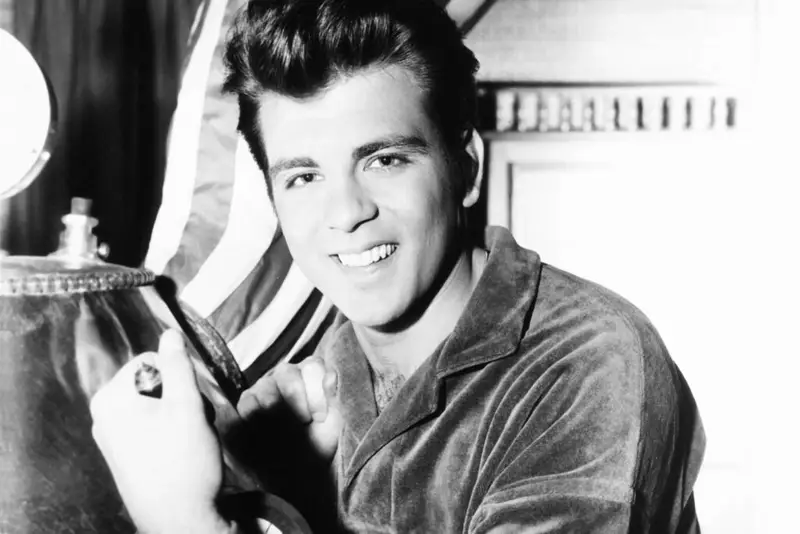
In the late ’50s and early ’60s, Fabian was everywhere. With his pompadour and smoldering looks, he seemed to be the perfect rival to Elvis Presley. He scored several Top 40 hits like “Turn Me Loose” and “Tiger,” and teenage girls screamed for him wherever he went. His career even expanded into movies, where he appeared in beach party flicks alongside Annette Funicello and Frankie Avalon.
But Fabian’s rise burned fast and fizzled quickly. By the mid-’60s, rock was evolving, and he struggled to keep up with the new sounds of the British Invasion. His records slipped off the charts, and the screaming crowds found new idols. He eventually moved behind the scenes, producing and occasionally acting, but he never recaptured that lightning-in-a-bottle fame.
2. Shelley Fabares
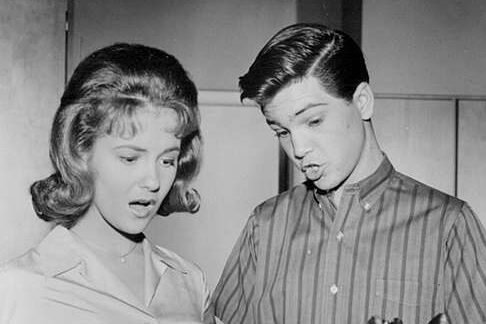
Shelley Fabares was already a familiar face thanks to The Donna Reed Show, but when she released her single “Johnny Angel” in 1962, it shot to number one. Suddenly, she wasn’t just a sitcom star but also a bona fide teen idol. Girls envied her, and boys plastered her photos on their walls. The wholesome, girl-next-door image made her incredibly popular for a brief but memorable stretch.
Her music career, though, was short-lived. Despite the huge success of “Johnny Angel,” follow-up singles never gained the same traction. Shelley turned her focus back to acting, eventually finding later success in shows like Coach. But her moment as a teen idol was like a summer crush—intense and unforgettable, yet fleeting.
3. Bobby Vee
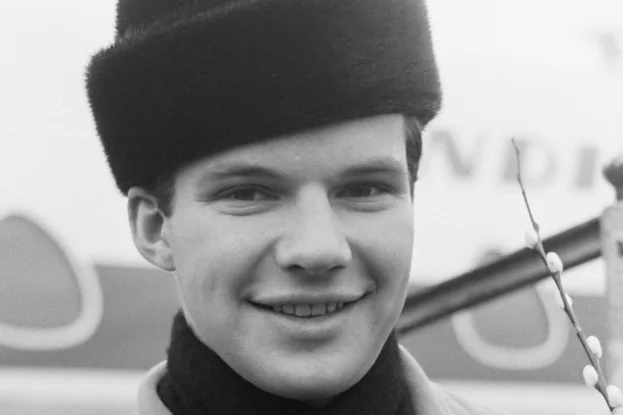
Bobby Vee’s career began under tragic circumstances, stepping in to perform after the plane crash that killed Buddy Holly, Ritchie Valens, and the Big Bopper. He quickly made a name for himself with hits like “Take Good Care of My Baby” and “The Night Has a Thousand Eyes.” His boyish smile and sweet voice made him a teenage dream in the early ’60s.
Yet, as the decade wore on, the music world shifted dramatically. The rise of the Beatles and harder-edged rock left Bobby’s clean-cut style in the past. Though he kept recording and touring for decades, the mass hysteria of his teen idol days faded. He became a beloved nostalgia act, remembered fondly but no longer at the center of pop culture.
4. Connie Stevens
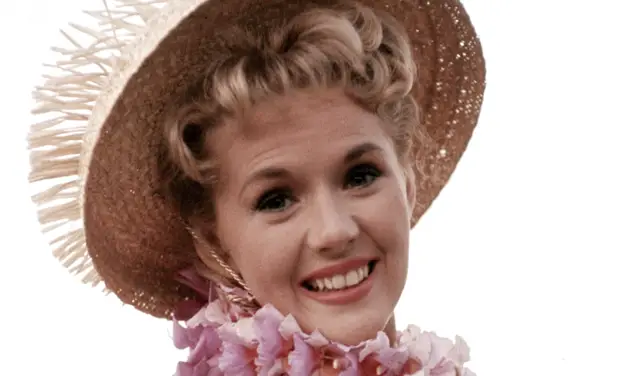
Connie Stevens was everywhere in the early ’60s. She starred on TV in Hawaiian Eye and simultaneously launched a singing career, with hits like “Sixteen Reasons” making her a teen sensation. Her bubbly personality and pin-up beauty made her a magazine favorite. Teens saw her as the perfect mix of glamorous and approachable.
But Connie never managed to hold onto that pedestal for long. As television and music tastes changed, her projects slowed down, and newer faces pushed her aside. She remained active in Hollywood, both acting and behind the camera, but the days of her being a “must-see” teen idol came and went almost overnight.
5. Frankie Avalon
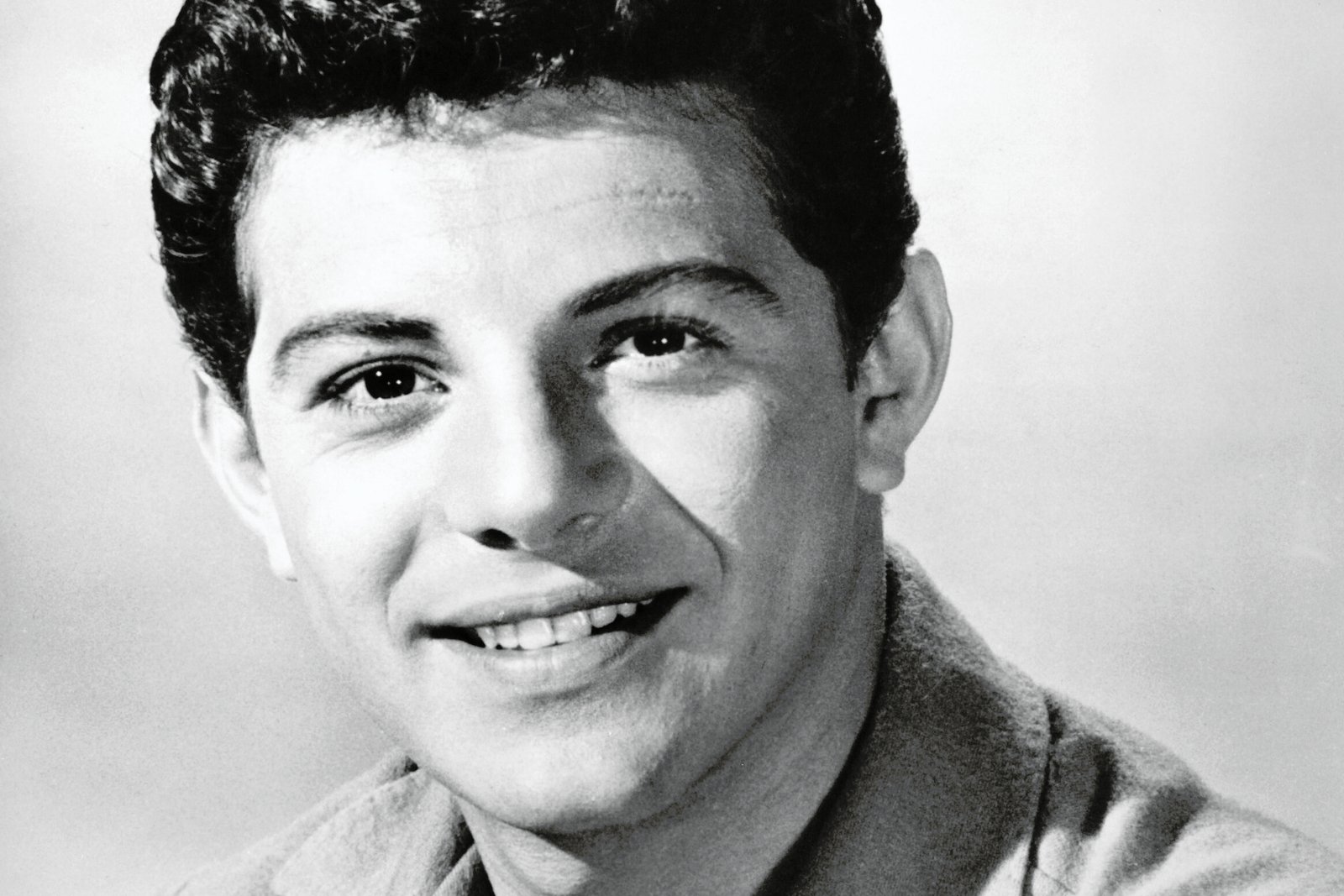
Frankie Avalon was the boy every mom approved of and every teen girl adored. His clean-cut charm and smooth voice helped him rack up hits like “Venus” and made him a regular guest on American Bandstand. Then came the beach party movies with Annette Funicello, where he cemented his status as the golden boy of the early ’60s.
Still, by the late ’60s, even Frankie couldn’t keep pace with the rock revolution. The wholesome beach movies felt dated as music turned edgier and youth culture demanded something grittier. Avalon’s teen idol spotlight dimmed, though he found ways to stay relevant with acting, TV appearances, and later nostalgia tours. The frenzy of his teen idol days, however, never returned.
6. Annette Funicello
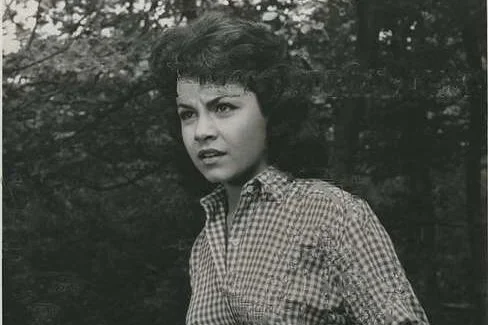
Annette Funicello had already stolen hearts as a Mouseketeer in the ’50s, but her career blossomed in the ’60s. Her wholesome charm and infectious smile made her one of the most beloved teen idols of her era. She starred in a string of beach party movies, often paired with Frankie Avalon, and her songs like “Pineapple Princess” gave her extra star power.
But the shift in the culture hit her too. By the late ’60s, the beach movies stopped drawing crowds, and her squeaky-clean image didn’t mesh with the counterculture vibe sweeping the nation. Annette stepped away from showbiz to focus on her family, returning only occasionally before her multiple sclerosis diagnosis years later. Her teen idol phase was iconic, but it was also fleeting.
7. Troy Donahue
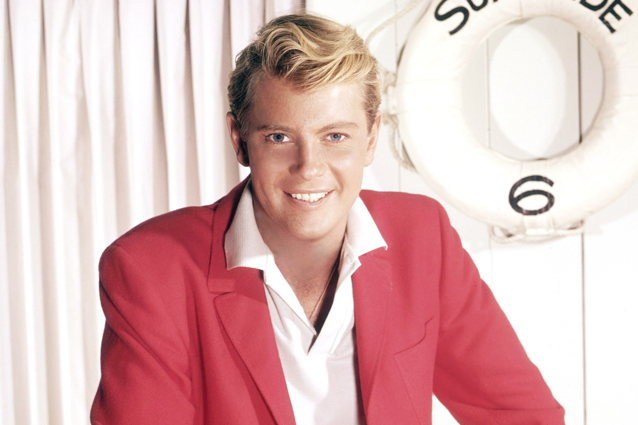
With his blond hair and chiseled jawline, Troy Donahue looked like he had stepped straight off a romance novel cover. He became the heartthrob of countless films like A Summer Place, where his role cemented him as one of the most desirable young stars of the early ’60s. Teen magazines couldn’t get enough of him, and neither could fans.
Unfortunately, his stardom collapsed almost as fast as it arrived. Hollywood moved on to a new wave of actors, and Troy found himself typecast in roles he couldn’t escape. Personal struggles didn’t help, and he faded from the teen idol spotlight. He never recaptured that dizzying height of fame, though he continued acting in smaller projects.
8. Tuesday Weld
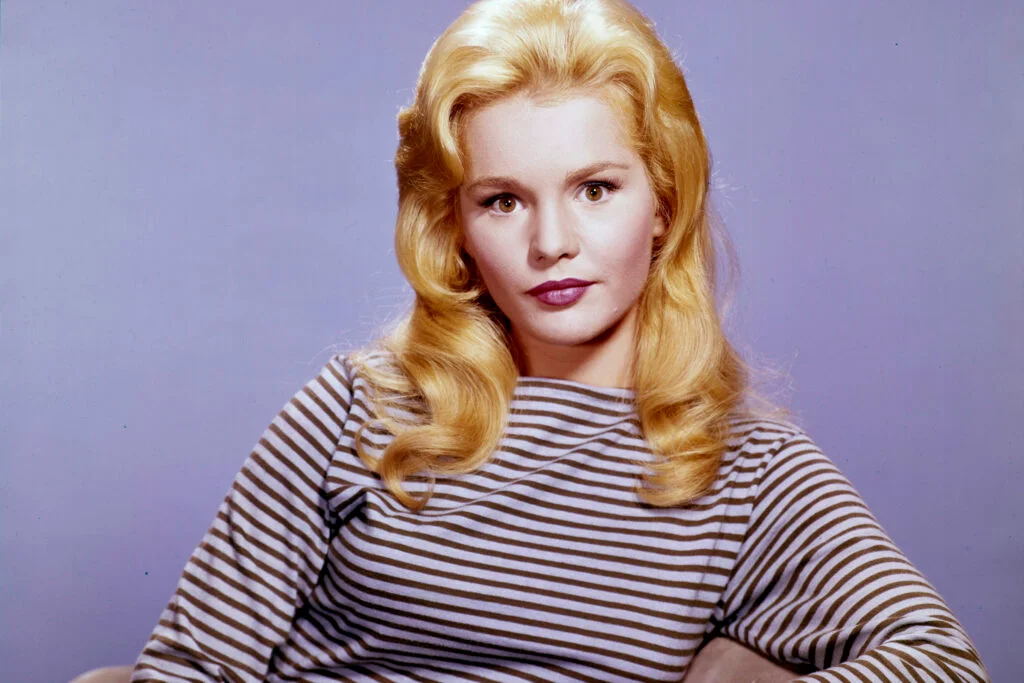
Tuesday Weld was as much a symbol of teenage rebellion as she was an idol. With roles in films like Rock, Rock, Rock! and The Many Loves of Dobie Gillis, she embodied that mix of innocence and defiance that captivated young audiences. Her blonde hair and smoldering stare made her one of the most photographed actresses of the early ’60s.
But Tuesday had little interest in being the “it girl.” She resisted the label of teen idol and turned down roles that might have kept her in the public eye. As the decade progressed, she slipped away from mainstream fame, only taking projects that truly interested her. She may have vanished from teen magazines, but she remained a respected actress in her own right.
9. Ricky Nelson
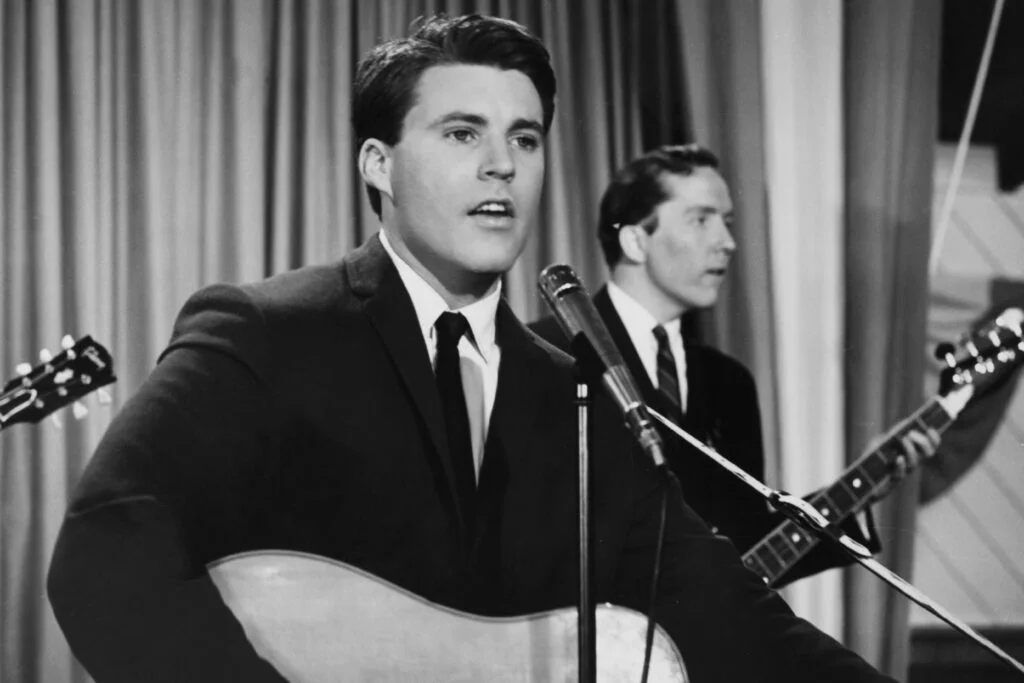
Ricky Nelson was practically America’s first TV-raised pop star, thanks to The Adventures of Ozzie and Harriet. His musical career flourished alongside the show, with hits like “Hello Mary Lou” and “Travelin’ Man” making him a household name. Girls swooned over his shy smile and smooth voice, making him one of the defining teen idols of the ’60s.
As the music world shifted, however, Ricky’s chart dominance slipped. The British Invasion and psychedelic rock didn’t leave much room for his brand of pop. Though he continued making music and touring, he never reclaimed that early frenzy. He eventually found a niche audience, but his teen idol days faded quickly from the spotlight.
10. George Maharis
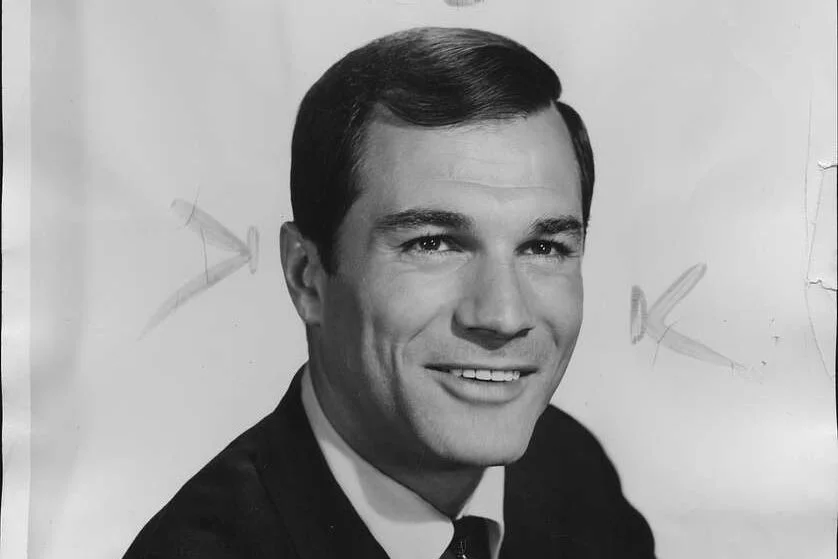
George Maharis shot to fame as one of the stars of Route 66. With his rugged looks and brooding demeanor, he was a different kind of teen idol—more mature and mysterious, but just as swoon-worthy. Girls tuned in weekly just to see him, and his fan mail stacked up by the thousands.
His career, though, took a sudden downturn. He left Route 66 amid health issues and disputes with the show’s producers, and the momentum never came back. Though he took on other acting roles and even tried a singing career, he never again reached that level of stardom. Almost overnight, his name disappeared from the magazines that once celebrated him.
11. Paul Petersen
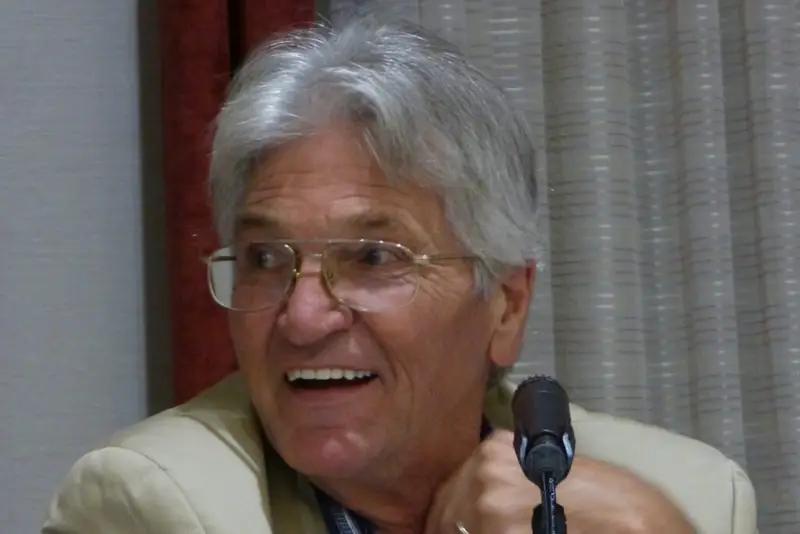
Paul Petersen first won fans as Donna Reed’s son on The Donna Reed Show. With his wholesome looks and boy-next-door charm, he was the kind of idol parents approved of. His singing career produced hits like “My Dad,” which became an anthem for teenagers who adored him. For a while, he seemed unstoppable.
But Petersen’s fame had an expiration date. When The Donna Reed Show ended, so did much of his momentum. His transition into adult roles didn’t click, and his music career fizzled as well. He reinvented himself as an activist for child actors, but his days as a teen idol were long behind him.
12. Edd Byrnes
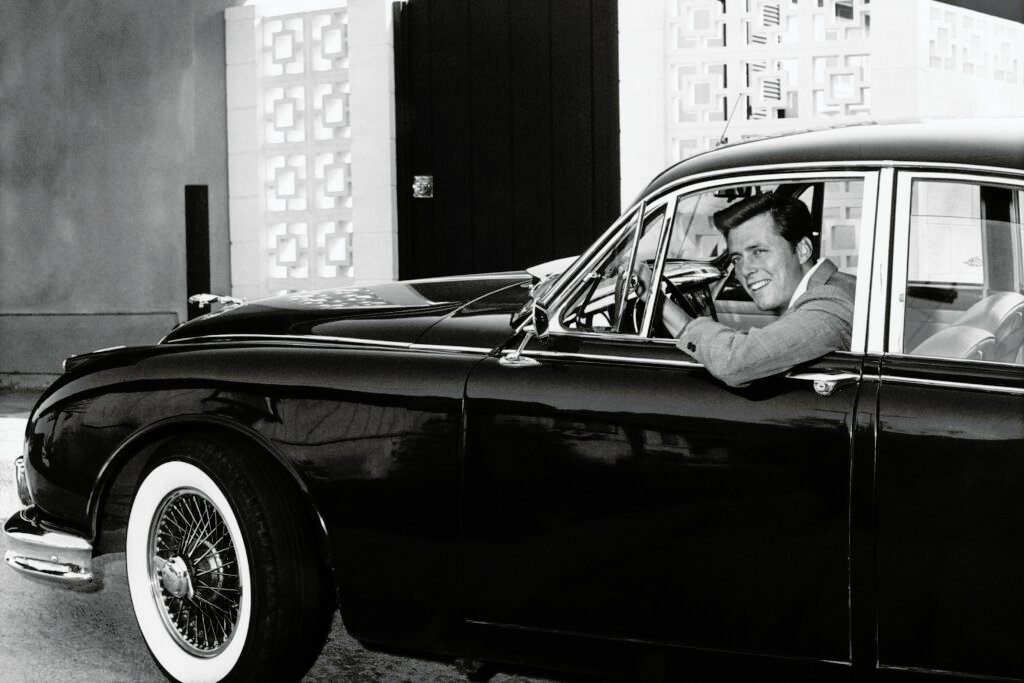
Edd Byrnes became a cultural phenomenon thanks to his role as Kookie on 77 Sunset Strip. With his slicked-back hair and slangy charm, he was the epitome of cool. Teens mimicked his style, and his catchphrases became part of everyday conversation. His popularity even landed him a hit novelty song, “Kookie, Kookie (Lend Me Your Comb).”
But like many teen idols, Edd’s fame was tied tightly to one role. When 77 Sunset Strip ended, he found himself typecast and struggled to find other breakout parts. Hollywood’s spotlight moved on, leaving him in the shadows. His teen idol craze burned bright but burned out fast, making him another name from the ’60s who vanished almost overnight.


